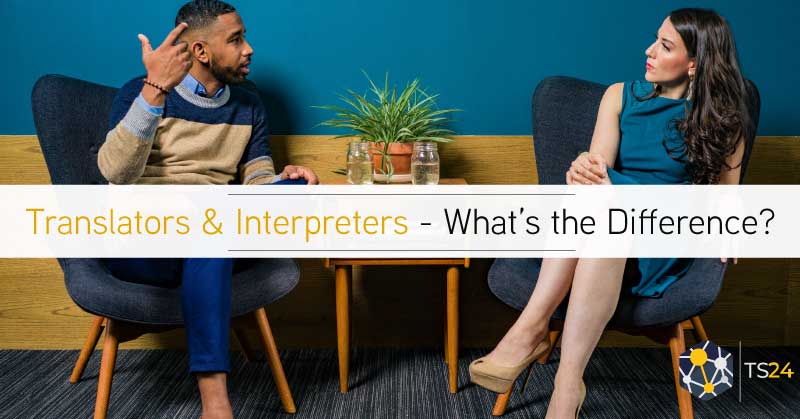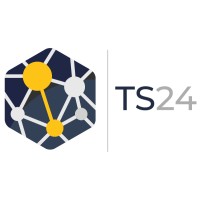Translators v. Interpreters – What’s the Difference?
Translation and interpreting are rarely performed by the same person. As translation services focus on conveying written text and documents, interpreting covers the spoken word. Consequently, the main difference is in how the service is delivered and what it covers. The contrast in skills required is so considerable that only a few people can successfully perform both services at a professional level.
Skills needed to be a translator
The differences in skills required between translators and interpreters are much greater than the similarities. A professional translator is often required to have an in-depth knowledge not only of the source and target languages but also of the cultures, customs and even socio-political aspects and current affairs, factors which may directly affect the accuracy of a translation and it’s suitability for the target audience. A good professional translator will also have impeccable writing skills, which allow them to convey the intended message clearly in the target language. Translators may often also be required not only to translate but to transcreate a message, especially when translating marketing materials. Consequently, creativity can be an important skill required to complete a project.
EXPERT’S TIP: Want to learn the difference between translation and localisation? Here’s our detailed guide.
Skills needed to be an interpreter
Interpreters, on the other hand, who deal with conveying the spoken word, must be able to interpret a message in ‘real-time’, without any support from dictionaries or other literature. As a result, their listening skills must be flawless. Simultaneous interpreting is perhaps one of the most challenging tasks to perform within the language services sector, as it requires interpreters to process the information being said while conveying information 5-10 seconds before; as you can imagine, this requires extreme focus. In addition, professional interpreters must also have outstanding public speaking skills and the intellectual capacity to instantly transform idioms, humour, colloquialisms and other messages into analogous statements the target audience will understand and which will be culturally suitable.
EXPERT’S TIP: Do you need to translate and localise your website or digital content? Learn more from our in-depth guide to website translations.
Qualifications needed to become a translator & interpreter
Translating a text document and interpreting are language services which require excellent linguistic skills and an in-depth knowledge of a subject/sector covered. Here, at Translation Services 24 we only work with the most talented linguists who are officially registered and have at least four years’ experience in the translation sector and who are able to provide certified translations. This allows us to guarantee highest possible quality and accuracy regardless of project or language. As an agency, we also make sure that our client’s materials are always translated or interpreted by a native speaker of the target language, as this ensures socio-cultural suitability.
About TS24
Translation Services 24 (TS24) is a professional translation agency offering expert services in over 200 languages. We work with clients in all corporate and public industries and specialise in sector-specific linguistic solutions. With over a decade of experience in the industry, 15+ million words converted every year and 100,000+ projects completed, TS24 is a leading provider of expert translations and interpretation services and an officially certified member of the ATC. Contact TS24 here. You can also read all of our recent articles here.
Follow Translation Services 24 on Social Media








